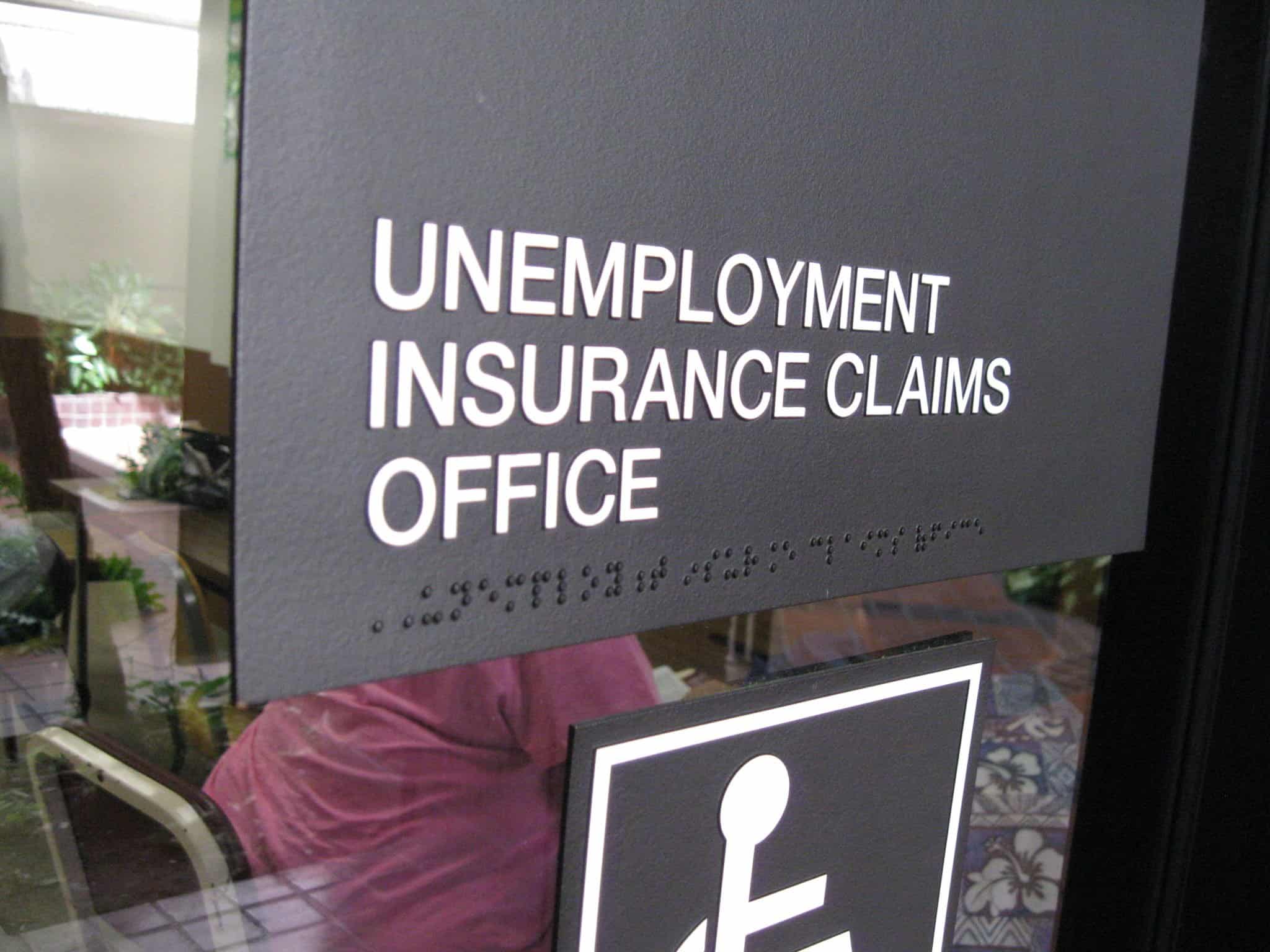Deanna Krokos is a student at Harvard Law School
Today, the New York Times reported on the state of unemployment payments in Florida, calling the state a “terrible” place to lose a job. Florida is one of the slowest states in the nation to handle unemployment claims, and seems to have been unprepared to handle the economic impact of COVID-19. As workers lost their jobs and filed new claims, Florida’s electronic unemployment filing system failed and hundreds lined up outside to attempt to file in person before the state began to offer paper applications. NYT notes that of over 850,000 claims filed, the state has only begun sending payments to 117,000 now unemployed workers. Unite Here Local 355, a union representing Florida hotel and casino workers, told the New York Times that “98% of its 7,000 members” had been laid off. The state has also been slow to establish a separate system for gig workers to file for benefits, as many are left with no income.
This week, Washington Post provided further updates on the outbreaks in meat processing plants. Wapo reports that many plant operators instructed workers to remain in crowded workplaces even when sick, and failed to provide adequate protective gear to their employees. These plants have become significant sources of outbreaks, and Tyson, JBS ad Smithfield have closed a collective 15 plants because of coronavirus spread. Meat production is a vital source of employment for many rural areas, and crucial to the nation’s food supply, making the failure to proactively protect meat workers a tragedy. One Smithfield worker wrote in a Wapo editorial that Smithfield continued to discipline workers who requested sick leave well into the crisis and that Smithfield operators ignored state guidance of safety equipment and social distancing orders.
The Internal Revenue Service is recalling furloughed workers this week, asking thousands to return to agency offices to perform essential functions. The recall is voluntary, but the IRS is offering incentive pay to meet the high demand to process tax filings during the extended filing period. Some House Democrats have warned that the move is hasty, noting that the government admits they don’t have enough immediate supply of personal protective equipment for all of the recalled workers, and the IRS is urging employees to bring personal masks with them to work.






Daily News & Commentary
Start your day with our roundup of the latest labor developments. See all
July 7
LA economy deals with fallout from ICE raids; a new appeal challenges the NCAA antitrust settlement; and the EPA places dissenting employees on leave.
July 6
Municipal workers in Philadelphia continue to strike; Zohran Mamdani collects union endorsements; UFCW grocery workers in California and Colorado reach tentative agreements.
July 4
The DOL scraps a Biden-era proposed rule to end subminimum wages for disabled workers; millions will lose access to Medicaid and SNAP due to new proof of work requirements; and states step up in the noncompete policy space.
July 3
California compromises with unions on housing; 11th Circuit rules against transgender teacher; Harvard removes hundreds from grad student union.
July 2
Block, Nanda, and Nayak argue that the NLRA is under attack, harming democracy; the EEOC files a motion to dismiss a lawsuit brought by former EEOC Commissioner Jocelyn Samuels; and SEIU Local 1000 strikes an agreement with the State of California to delay the state's return-to-office executive order for state workers.
July 1
In today’s news and commentary, the Department of Labor proposes to roll back minimum wage and overtime protections for home care workers, a federal judge dismissed a lawsuit by public defenders over a union’s Gaza statements, and Philadelphia’s largest municipal union is on strike for first time in nearly 40 years. On Monday, the U.S. […]